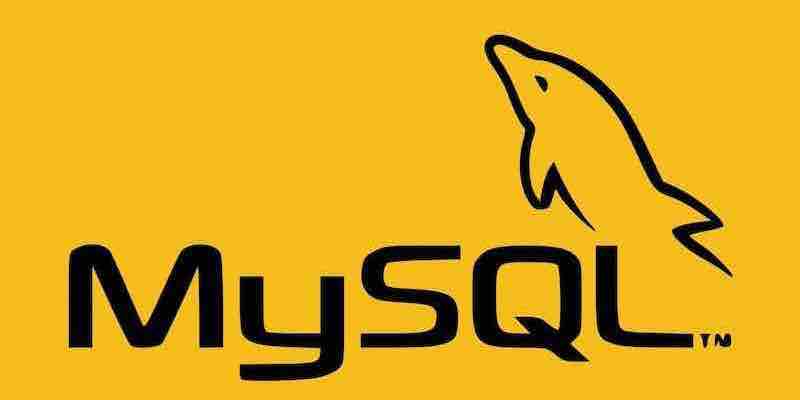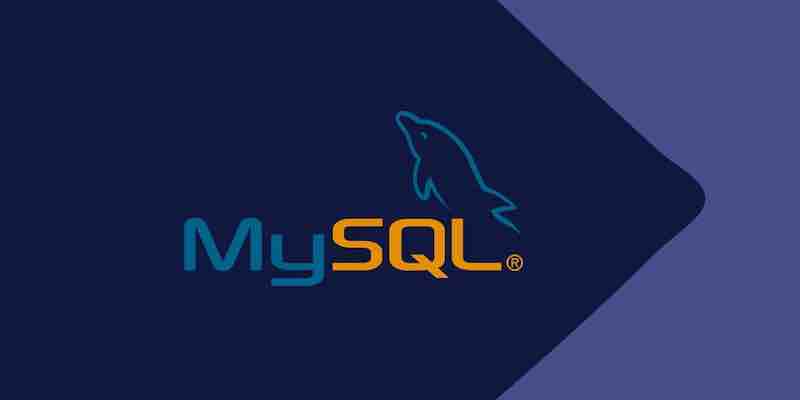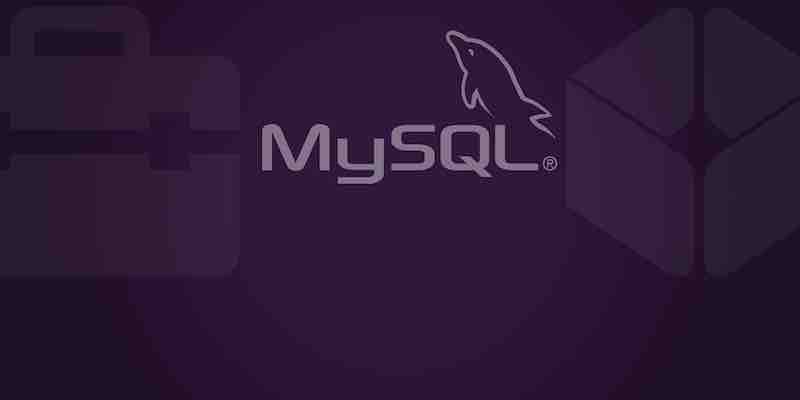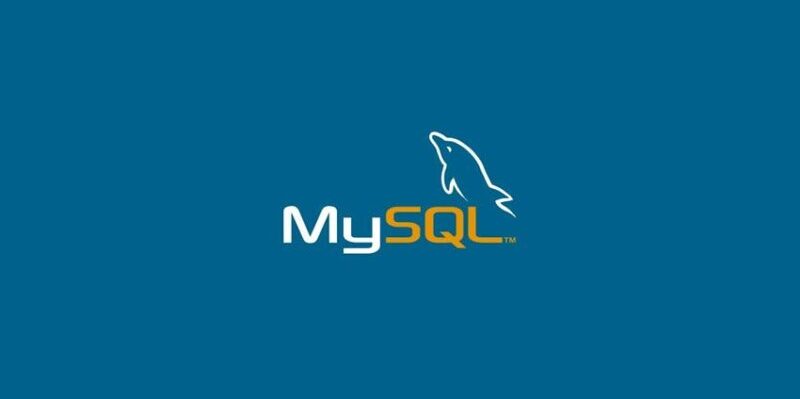MySQL sorgularınız yavaş mı çalışıyor? Sorgularınızda indeks kullanmanıza rağmen hala verimsizlik mi var? Cevap, belki de “Cardinality” adı verilen ama sıkça göz ardı edilen bir metriktedir. MySQL’de indeks performansını anlamak için kullanılan bu değer, doğru kullanıldığında sorgularınızı uçuşa geçirebilir. Cardinality Nedir? MySQL’de Cardinality, bir indeks içinde yer alan benzersiz (unique) değerlerin tahmini […]
Devamını Oku
The SOLID principles are five object-oriented design principles that can help you write better code. They are: The Single Responsibility Principle The single responsibility principle (SRP) states that every class should have only one reason to change. This means that a class should only be responsible for one thing. For […]
Devamını Oku
In MySQL, TINYINT is a data type used to store small integer values. Let’s delve into its specifics and see how it compares to other integer types: TINYINT Comparison with Other Integer Types: Key Differences: When designing a database schema, choosing the appropriate integer type based on the expected range […]
Devamını Oku
In MySQL, there isn’t a native BOOLEAN data type. However, BOOLEAN it is an alias for TINYINT(1). When you define a column of type BOOLEAN, MySQL internally creates it as a TINYINT(1) column. In this context: For example, the following two table definitions are equivalent: When you insert values into […]
Devamını Oku
Oracle has announced a series of significant enhancements to its MySQL HeatWave, introducing support for vector store, generative AI, and a range of in-database machine learning features. These updates are set to revolutionize the way customers interact with their data. One of the standout features is the vector store, currently […]
Devamını Oku
Introduction: In today’s fast-paced business landscape, enterprises constantly seek innovative solutions to streamline operations, boost efficiency, and improve customer engagement. With artificial intelligence and cloud technologies, chatbots have become a powerful tool for businesses to interact with customers, automate tasks, and enhance user experiences. One such remarkable solution is the […]
Devamını Oku
We can use the SHOW EVENTS statement to list MySQL’s scheduled events by SQL. The syntax for the SHOW EVENTS statement is as follows: The schema_name parameter is optional. If you specify a schema name, the SHOW EVENTS statement will only list the scheduled events in that schema. The pattern […]
Devamını Oku
The restaurant industry is constantly evolving, and one of the most recent trends is the rise of ghost kitchens. Ghost kitchens, or virtual restaurants, do not have a physical storefront. Instead, they operate outside existing kitchens and only offer delivery or takeout. The Rise of Ghost Kitchens There are several […]
Devamını Oku
You can retrieve information about the columns in a MySQL view using the INFORMATION_SCHEMA database. To find the data types of the columns in your view, you can execute the following query: Replace your_database_name with the name of your database, and your_view_name with the name of your view. This query […]
Devamını Oku
In MySQL, VARCHAR and LONGTEXT are two different data types used to store character strings. VARCHAR is a variable-length character string type that can store up to 65,535 characters. When you define a VARCHAR column, you need to specify the maximum number of characters it can hold. For example, if […]
Devamını Oku









